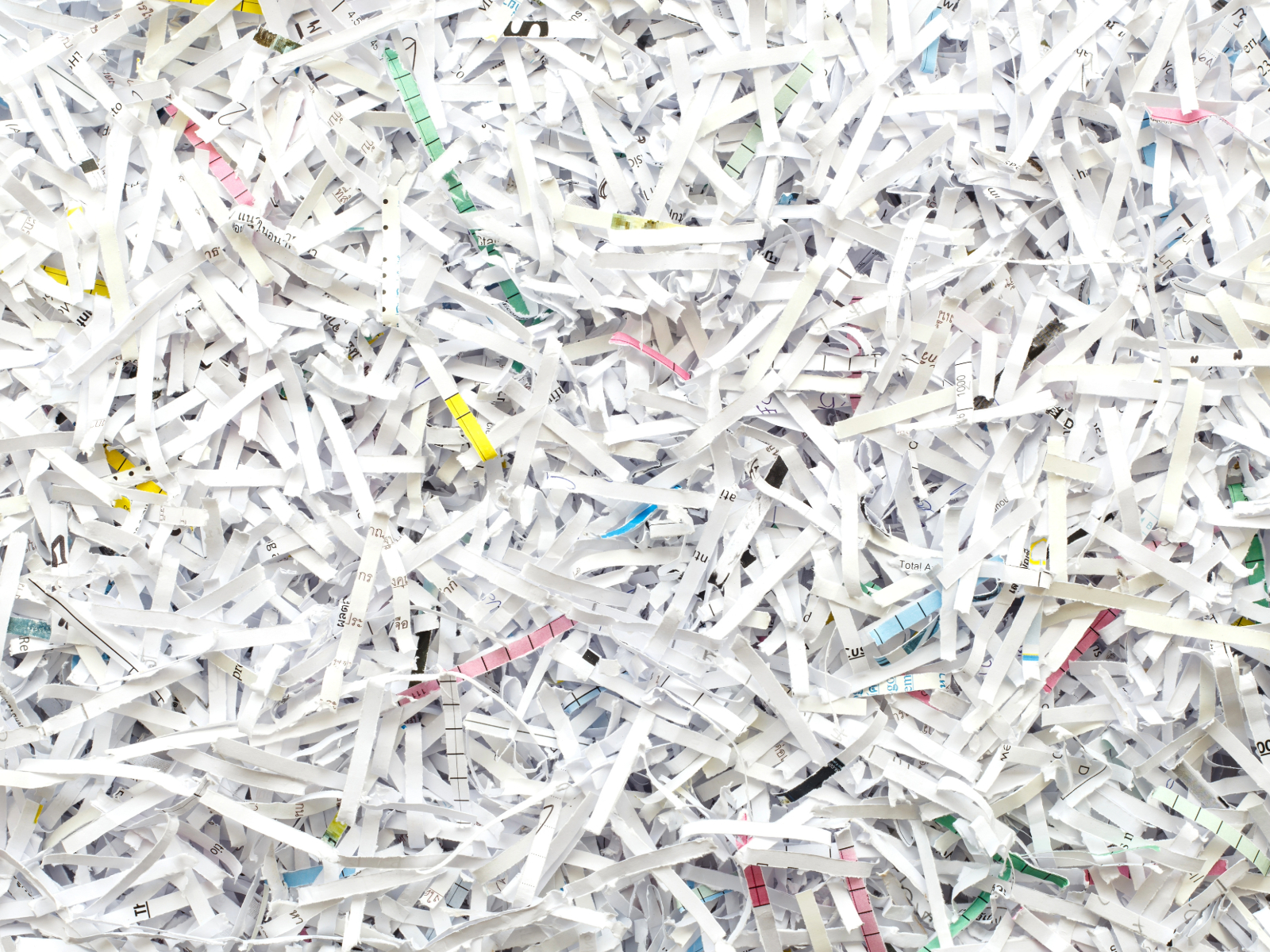Paper is widely understood by the general public. When it comes to whether it can or can’t be recycled, the vast majority of people understand how, when and why it’s recyclable. Whilst people may be unsure whether they can recycle a certain plastics or metals, paper is one of the materials that is well understood.
With paper recycling, as far as people are concerned there’s only 1 thing that they need to be concerned about when asking if a piece of paper product can be recycled – Contamination. A piece of paper (or card, or cardboard) can be recycled providing it’s not contaminated. Contamination can be any number of things, but for household waste it’s usually, food, grease, plastics, chemicals etc. With this simple bit of information it’s easy to understand whether you can recycle a piece of paper or not.
However, there’s another piece of information that the generally public doesn’t know about. This piece of information is important to bear in mind when calculating whether a piece of paper material is eligible for recycling: How many times has it been recycled before?
To understand why this is, it’s important to understand how a piece of paper, card, board etc is originally manufactured and how it would recycled.
Paper is created using fibrous materials, such as wood. All wood and naturally fibrous materials consist of fibres called ‘cellulose’. It’s these cellulose fibres that are separated from the wood material, flattened and aligned to produce paper.
In order to separate the fibres from the tree, the wood is smashed and mulched in grinders (with water) until it is broken down so small that it’s down to the individual fibres. The resulting ‘slurry’ is squeezed and flattened into sheets and allowed to dry, producing giant sheets of paper. These giant sheets and rolls are then cut to a more manageable size.
This process is precisely the same when it comes to recycling the paper. Instead of sourcing the fibre from wood, the fibre predominantly is sourced from old paper, cardboard, and card.
However, fibre is not an indestructible resource. Every time the fibre is mulched into slurry, each fiber is forced and broken into shorter and shorter strands. After 5-7 times paper is recycled being recycled, the fibres will become too short to adhere to each other. At this point, the paper’s fibres will no longer stick to each other and the paper produced will become poor quality, weak and full of holes. Usually, this degradation can be mitigated and postponed by introducing a source of fresh fibre into the process, such as virgin paper or wood pulp. This can increase the number of times paper can be recycled and is often why products are ‘95% recycled paper’.
Whilst many paper recyclers will be able to ensure that paper isn’t recycled too many times, it’s another thing that you should be aware of when recycling.
